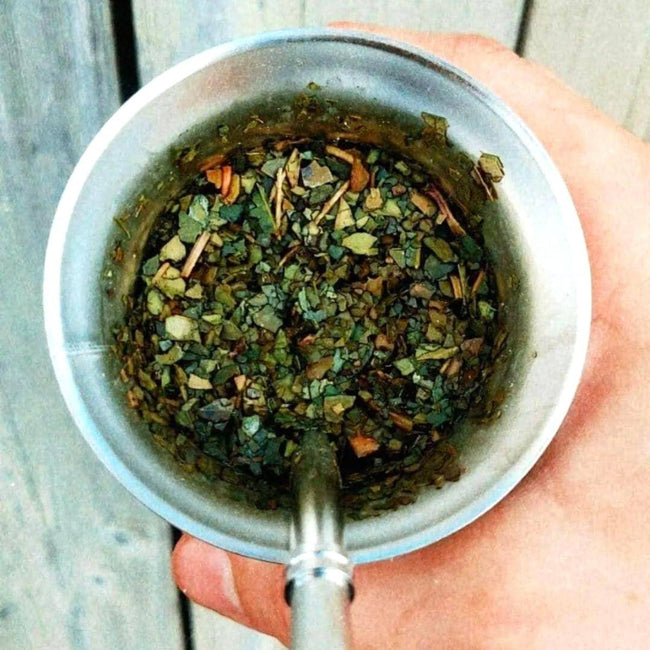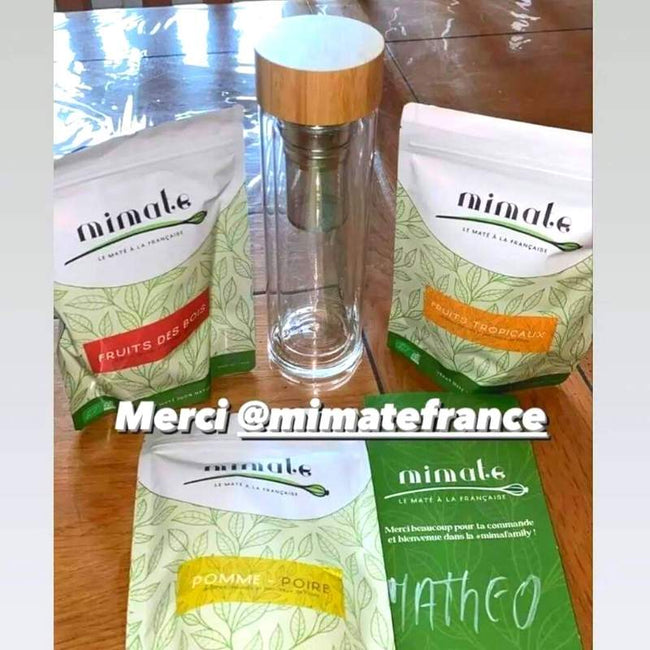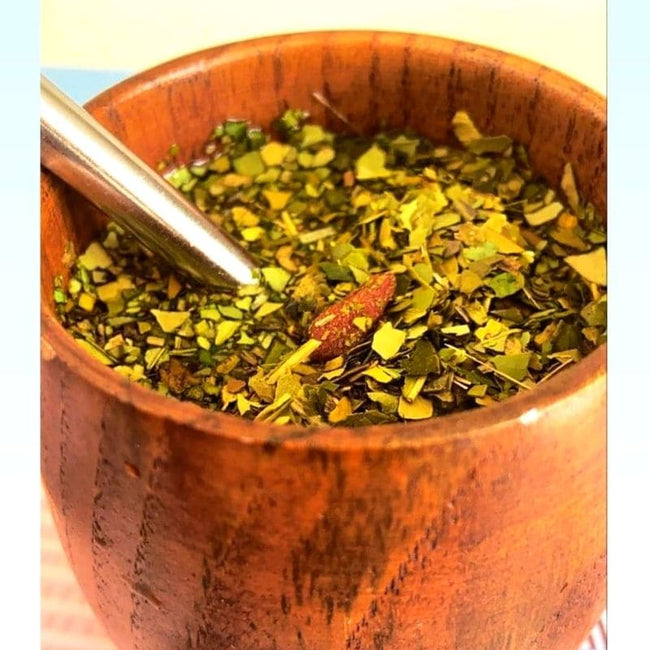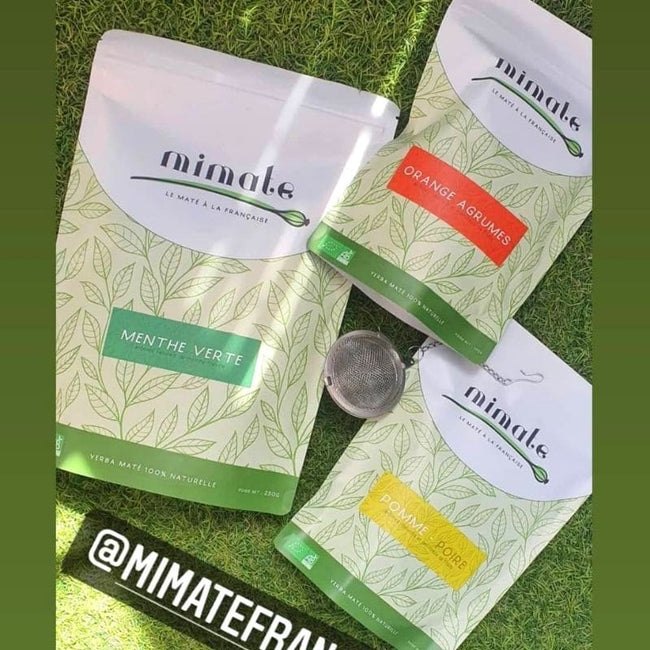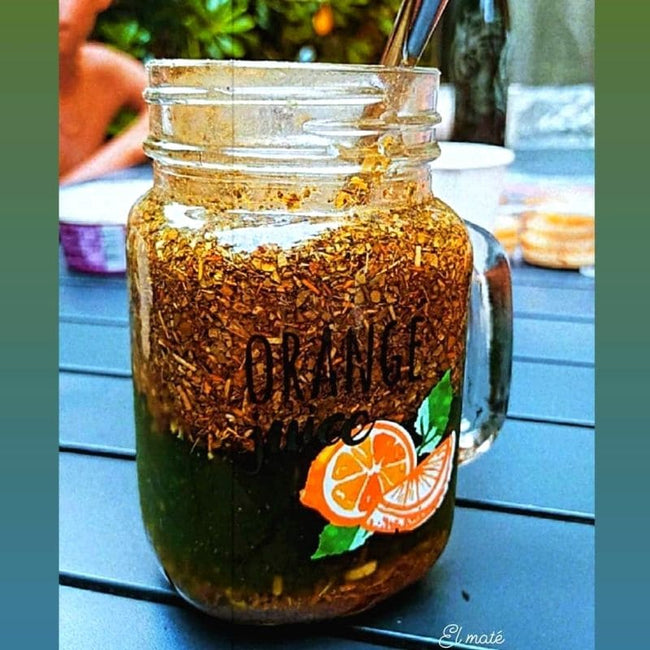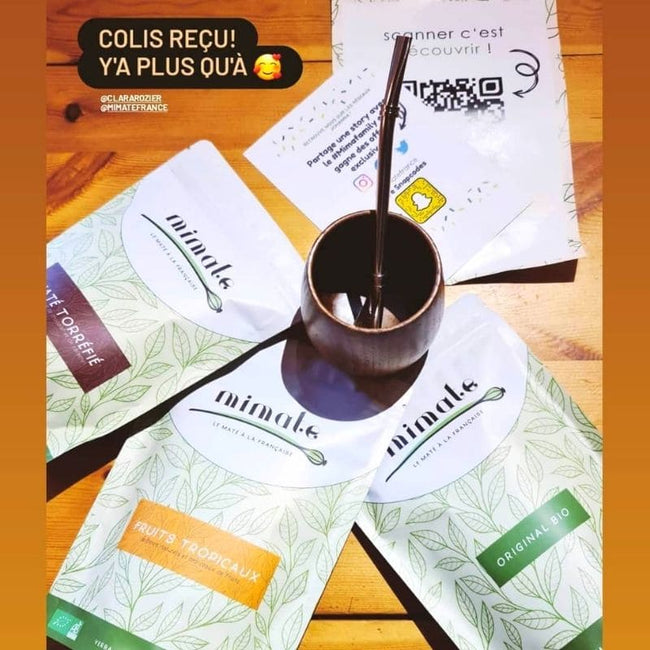To get a little boost in the morning or during the day, we often have a reflex: the coffee machine . Coffee is the most consumed drink for its energizing properties, ranking in the top 3 of the most drunk drinks in the world . However, it also has some undesirable effects, which can be harmful to our health. The World Health Organization recommends drinking less than 400 mg per day, but what are the risks of drinking too much coffee ?
- What are the effects of coffee?
- What are the side effects of coffee?
- Is there a coffee addiction?
- The best alternative to coffee

What are the effects of coffee?
We all know coffee, this drink is an integral part of our days, and even 72% of French people consume it daily . It is given certain virtues because of its caffeine content: It is a stimulant of the central nervous system and the cardiovascular system.
Among other things, coffee allows for better attention and activates awareness, but will also reduce fatigue and drowsiness . In short, it's the ideal Monday morning drink, when you need to wake up gently.
However, the effects of coffee will quickly dissipate; it takes on average 3 hours before it begins to lose its effects .

What are the side effects of coffee?
Coffee does not only have positive sides, and would lead to complications in the long term, especially with too much daily consumption:
1. Iron absorption :
When drunk during or just after meals, coffee will block the absorption of iron into your body, and will even deplete your body's iron stores, potentially leaving you with iron deficiencies .
2. The nervous system :
The caffeine contained in coffee mainly acts on the nervous system. Drinking coffee every day without paying attention to your body's sensitivity can lead to feelings of palpitations , dizziness, anxiety, irritability and even headaches. These are negative effects that can occur with too much coffee consumption , so stay reasonable!
3. Sleep :
As previously indicated, coffee, and particularly caffeine, has boosting effects on the nervous system. It is generally not recommended to consume it at the end of the day, as it can prevent you from sleeping. When absorbed, caffeine acts for approximately 3 hours, before gradually ceasing its effects . Aside from the risk of insomnia , the quality of sleep may vary enormously depending on your coffee consumption.4. Hydration :
It is important to note that tea and coffee are not enough to hydrate yourself. And for good reason, these are so-called diuretic drinks! Of course, they make you ingest water, but they also stimulate urinary secretion. So to speak, they then make you expel more water from your body than it brings in.

Is there a coffee addiction?
When we drink coffee , we feel a boost effect, which is provided by the caffeine, which stimulates the nervous system. After a few hours, the caffeine already loses its effect and a feeling of relapse sets in, so we feel the need to have another coffee.
As soon as the effects wear off, you feel much more tired and you therefore have another cup. These consumption habits can represent a certain form of addiction. Besides the feeling of habit, or the fact of enjoying the drink. Moreover, scientists have observed that coffee triggers the same chemical compounds as cocaine or amphetamines in our brain.

The best alternative to coffee
If you are looking for a natural energy drink with fewer negative effects than coffee, you should try mate !
This drink, made from a plant (ilex paraguariensis), is more effective when it comes to waking us up ! Containing both caffeine, theophylline, and theobromine which will keep you awake for a long time for a guaranteed good mood!
Unlike coffee, which limits iron absorption from our foods and even reduces iron stocks, mate is rich in antioxidants ! This therefore means that it protects us against many diseases, including cancers and cardiovascular diseases.
It is also a source of vitamins , enough to stay in shape all day long with its vitamins A, C, E, and lots of other B vitamins! Mate is also rich in all kinds of minerals, carotene, chlorophyll .

























